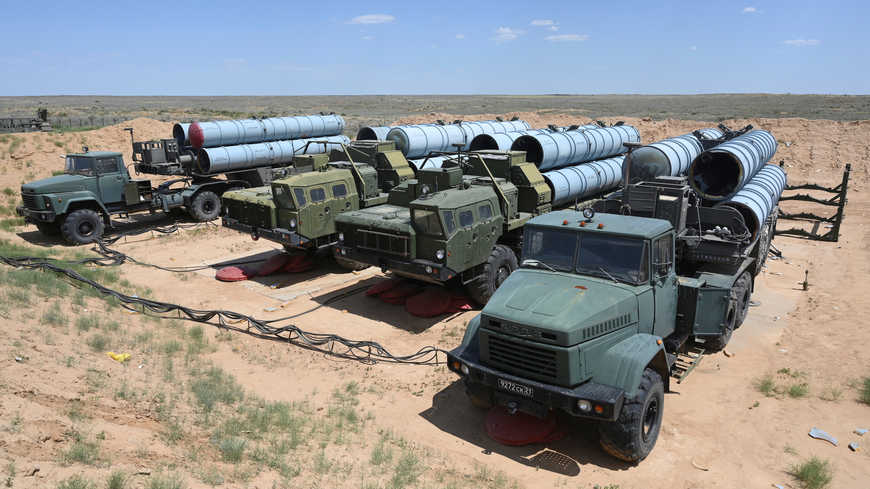
While the largest parliamentary factions, such as al-Fatah, blamed the US-led anti-terrorist coalition, Iraq’s prime minister, president and parliamentary speaker backed up the PMU during a meeting with its leaders. The above-mentioned factors mostly strengthen nationalist powers inside Iraq. External powers, including Russia, take this internal Iraqi discontent into account.
Following the damage to the PMU military facilities, PMU leader Falah al-Fayyad visited Moscow Sept. 3, meeting with the secretary of the Russian Security Council, Nikolai Patrushev, presidential envoy for Syria Alexander Lavrentiev and Deputy Foreign Minister Sergey Vershinin. The parties discussed anti-terrorist cooperation, “ways to achieve regional stability and security” and stressed the need to “avoid foreign intervention” — a not-so-subtle reference to downgrading US engagement in Iraq.
The actual reason for Fayyad’s visit was probably connected to Iraq’s interest in expanding military-technical contacts with Russia and purchasing Russian air defense systems. Fayyad is a frequent guest in Moscow and has met various Russian officials, including Patrushev.
“The cooperation between the security councils and structures of [Russia and Iraq] indisputably serves their common interests,” Patrushev said after the talks.
Military-technical cooperation between Moscow and Baghdad is on the rise, as seen by the increase in Iraq’s purchases of Russian aircraft and tanks. Relations expanded rapidly after 2014, when the implementation of previously signed contracts reinforced Iraq’s security system, facilitating the country’s struggle against the Islamic State. Back then, reports circulated about Baghdad’s interest in purchasing Russian S-400 missile systems. However, Iraqi government officials continuously denied these statements. Now, in light of the Israeli strikes, the Iraqi talks with Russia over reinforcement of its air defense systems is taking on new meaning in Iraq.
However, if Baghdad is serious about purchasing Russian air defense systems, several issues should be considered.
First and foremost, Iraq would have to pay an immense political cost, as Russian missiles are subject to US sanctions. The contract on the S-400 or even S-300 (both systems are produced by the company Almaz-Antey) may expose Iraq to such sanctions. That said, the threat of sanctions did not prevent China, Turkey or India from buying the weapons.
Russia, in turn, should it sell defense systems to Iraq, may find that maintaining its “special relations” with Israel is challenging.
Second, Iraq can be certain that Moscow takes this request seriously, considering that it strives to maintain stability in this country and in the region in general, and keep its own interests there intact. The interests primarily concern Russia’s multibillion investments in Iraq’s oil and gas industry.
Last, even if an air defense supply contract is signed and implemented, the systems will be provided to the Iraqi army, not the PMU. Previously, deputy PMU head Abu Mahdi al-Muhandis had signed a decree — later annulled — to create a PMU air force. The Iraqi government will inevitably monitor this issue closely.
If Russia were to provide Iraq with air defense systems, it would pose a political problem requiring that Moscow carefully consider whether this move fully meets Russian interests and whether it is a safe move for its relations with other regional actors.
©2019 Al-Monitor. All rights reserved.
TERMS OF USE
CONTACT US
STAY SOCIAL
ABOUT US
NEWSLETTERS
©2019 Al-Monitor, LLC. All rights reserved.
